EEC Online - the event, for the first time organised remotely and 100% accessible on the Internet, will take place on the originally planned 18-20 May. The online version of the Congress will be filled with live broadcasts, presentations, interviews, webinars and online debates on the economy, which, having found itself in a completely new situation, is looking for answers to basic questions.
PolChambers – Polish Chambers of Commerce Abroad: origins and goals. The activity of chambers of commerce in Brazil, France, Georgia, Hong Kong, Israel and the USA (Silicon Valley): main fields of activity of Polish businesses, and areas of co operation. The current situation and responses of individual countries to the crisis caused by the coronavirus pandemic – solutions important to foreign trade. Building international exchange of goods and services under new conditions: principles and the range of goods and services offered. The potential for development after the pandemic.






Shield 1.0, 2.0 and 3.0; the financial shield… Time is pressing. Subsequent stages of aid for businesses affected by the pandemic. Needs versus scale; directions and tools of government assistance. How to recover from the crisis victorious and not defeated? Possibilities of supporting businesses during the pandemic: doubts, disputes and interpretations as well as practical problems and barriers to the use of state aid – as formulated by entrepreneurs.
common session of the European Economic Congress and European Tech & Start-up Days
The actual value of state’s protection package for business – the first summary of businesses’ experience. Fiscal stimulus, including indirect aid. Horizontal support or specialist tools aimed at supporting industries that have been hit the hardest? The role of loan guarantees. Protection of the labour market. Truth about the reduction of administrative expenses. How to transfer companies’ financial reserves to investments? And what next? Anti-crisis shield 2.0, 3.0 and 4.0 – needs, assumptions, possibilities. Plan for the recovery of the economy – key points.


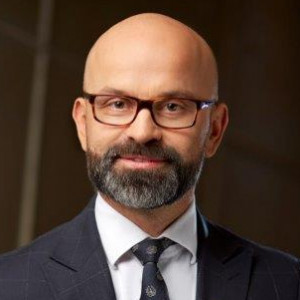


The first day of EEC Online is going to start by presenting our guests with the idea of establishing an online version of the European Economic Congress. Right afterwards, we will try to find an answer to the key questions about the economy, civilization, culture, society – what will the world after the pandemic look like. Areas that are going to change the most: international trade, logistics, transport, mobility, services, safety and security, medicine. Demand for energy. Condition of the labor market. What changes in the economy will be temporary, and what will change permanently? Is digitalization going to accelerate? The pandemic as a tragedy with the potential of leading to a positive change. Conclusions about the pandemic that can be drawn today.
PL-EN translation provided













The speed and scale of EU’s response vs. actions taken by member states. Critics: particularism, cumbersome bureaucracy, unwillingness to increase budgets. Stimulating healthcare systems and economies. How to draft EU’s budget for years 2021-2027 so that it becomes part of a response to the crisis caused by the pandemic. New financial framework as the next Marshall Plan for the EU? Priorities, hierarchy, the order of decision-making and the schedule of actions – digitalisation, decarbonisation, tackling climate change, European Green Order. EU’s budget as an investment incentive – opinions of the financial sector and business. Summarizing – EU’s current prospects and its influence on an economic restart.
PL-EN translation provided


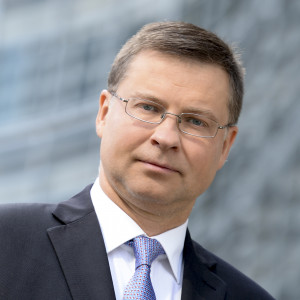



The future of the energy sector after the pandemic. Consequences for energetic strategies of states and businesses: producers, receivers and prices of energy as well as for the market and investments in the energy sector. Do the changes in the economy, lifestyle and politics (demand for energy, digitalisation, structure of investment, shift of power in the market, the role of the state) promote an environment supporting or obstructing changes in the energy sector? Energy security vs. energy transition. What about the prices – possible intervention in the market. How to benefit from the decrease of wholesale prices caused by the fall in demand for energy? Is it the right moment to change your energy provider? What is the state/regulator planning in relation to the energy sector and the stabilisation of prices? The future of the EU ETS system and the prices of general allowance?











common session of the European Economic Congress and European Tech & Start-up Days
The crisis has already opened the door for digitalisation. Are processes accelerating? How to be digital in a crisis? Actions taken on a business level and the level of investing in digitalisation that are a priority in the process of restarting the economy and later during a recession. Can digital transition of the economy (as well as industries that have not been on the cutting edge of the transition) shorten the recovery time? How to plan strategies and support entities in order for the transition not to further expand the gap – access to technology, finances, form of exclusion.

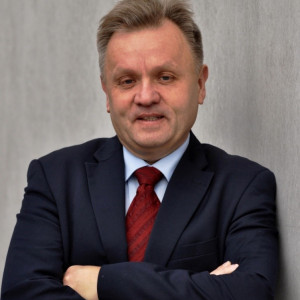







(Summarizing the EEC Defence project with reference to the subject and results of the BCMM research)
Scenarios for the Polish economy during de-icing and recession. Examples of cooperation between businesses aimed at defending market economy, the economic situation and the legacy of the Polish economic transformation. The role of knowledge, exchange of information, environmental solidarity, responsibility in recovering from a crisis. New role of the role of economic self-government, trade unions and the Social Dialogue Council. How will the experience of the pandemic influence future business strategies, the approach to partners, competition and risk.






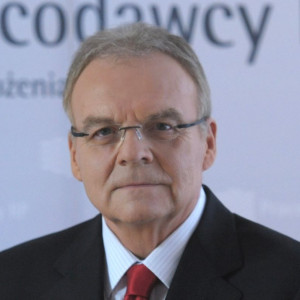


common session of the European Economic Congress and European Tech & Start-up Days
The pandemic as an opportunity – how do the restrictions and rules of the pandemic support the development of new companies? What industries offer the most lucrative prospects at the moment? Wariness or offensive – investors in the time of the pandemic. How does crowdfunding respond to challenges of the crisis? What will change in the way start-ups are financed? What about the development of a system of supporting start-ups by the state? Innovations on the front – start-ups tackling the pandemic.











common session of the European Economic Congress and European Tech & Start-up Days
Digital revolution in trade – in one month. Online and remote services have taken the market by the storm – what about traditional trade? E-grocery – where demand exceeds supply. Supply chains: shorter, more flexible, safer. The logistics of delivery – a vulnerable partner. E-commerce boosting the demand for warehousing spaces. New and older tools: online payments, click&collect, touchless delivery. E-consumers buy more reasonably in quarantine.







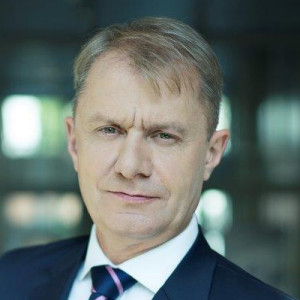

The influence of the pandemic on tasks and activities of the local government and their revenue. State and the local government – tasks and their financing. Investments of the local government – costs cutting in sight? What about the spending of EU finances? Save what’s ours, i.e.local government supportive of local businesses. Unemployment vs. social policy – new challenges and limited resources. Recovery of the economy – what in practice does it mean for cities and communes?






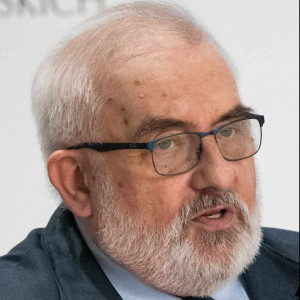

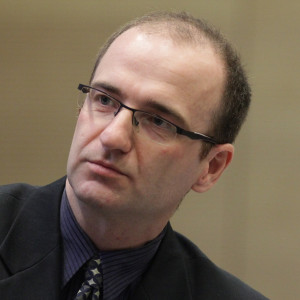

Which businesses have not been harmed by the crisis? Industries using the Internet – a pandemic success story? Permanent migration of trade to the Internet – hopes and dreams. What sectors will quickly recover from the crisis? How, and if, should we support industries resilient to a crisis? The meaning of stable and prospective industries in the labour market and training their potential staff.
Examples of companies from the Polish sector of IT and e-commerce – presentations






Who has been hardest hit by the crisis? Industries that are particularly exposed to the influence of restrictions related to the pandemic. Services, events industry, tourism, transport – the scale of the crisis and chances for survival. Interim needs and chances for their satisfaction. Should those who suffered the most receive the largest support? The role of solidarity of business, relationships with customers and partners. New alternative forms of business activity and their profitability. Time for recovery, time of uncertainty – tactics for today, strategies for tomorrow.









The food sector has usually been resilient to crises – will it weather the current storm? Food export in the time of restrictions and closed borders; protectionism looming large. The safety of food – more important than ever, Food production and labour. The influence of staffing policy and the supply of workforce on the condition of businesses. What about the demand – closing of the HoReCa sector. Hurt by the pandemic, killed by the drought? The influence of these phenomena on food prices and conditions of businesses.










Current situation and short-term forecasts for the sector. The future of infrastructural investments financed from public and EU budget. The gap in the supply of new contracts? Uncertain amount of EU financing for the cohesion policy in the new EU budget. The review of investment plans, the role of modernisation programmes in maintaining the potential of the European and Polish economy. Investments of the local government – estimates, questions, unknowns. New risks in the construction sector and possible remedies. Long-term perspective – what segments of the construction sector will remain stable. Labour market in the construction sector. What about the base, supply chains of materials, finishing materials, machinery or tools and devices? How will the pandemic affect the development of technology, e.g. prefabrication? Will we witness further development of automation and robotisation of processes?









The pandemic will change business and entrepreneurs – what will companies of the future be like? Will working remotely become a new working routine? Examples of changes and their consequences for management and staff. What has the pandemic taught us in terms of applying new technologies. How to organize telework with the use of available technologies? What mistakes do companies make when they quickly transition to remote work? Typical problems faced by companies (manufacturing), whose part of operations need to be conducted by on-site personnel. How to address them? The role of corporations and start-ups in the “new economy” – the perspective of companies managed by people in their twenties and thirties vs. experienced entrepreneurs.
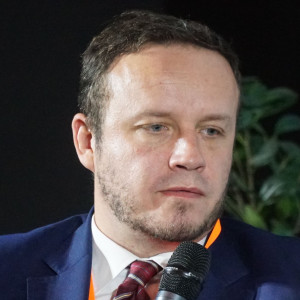





The end of the employee’s market? What will be the post-pandemic market? Remote work, new standards of daily life transforming the labour market and the employee-employer relation. How will demand for labour change? Both quantitatively and qualitatively. Foreigners in Poland – the crisis has proved their worth. Will we need them during the manifest and significant economic slowdown? The pandemic as an opportunity to improve their status and increase the level of their social security. Postulated regulations of the labour market for the time of the crisis. Or is deregulation a solution? Or maybe too conservatively used tools of protecting employees can do them more harm than good? When should we impose and when is it good to lift some of regulations? Employer, employee, labour code. How to communicate changes, reduce headcount and hire new staff? Working environment, health, efficiency – is it the time for a new approach?










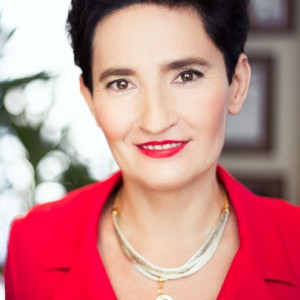
The significance of broken logistics and trade chains. How to recreate them in an ongoing crisis? How to be an attractive partner in international economic cooperation? Necessary review and correction of strategies. Support schemes for Polish investments abroad – what should be changed? Warranties and insurances. The role of international communication: agencies, chambers of commerce, embassies and consulates. Reshuffle in the global market as an opportunity for bargain hunters. International mergers and acquisitions in relation to the experience of Polish companies.

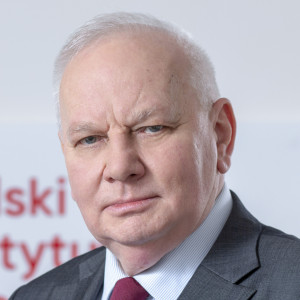






The crisis as a test for the financial sector. Liquidity boost in Europe and the world in the time of the pandemic. Customers in the doldrums – strategies of banks in the time of the crisis and recession. Bankruptcy law. Necessary changes in an extraordinary situation – the perspective of the financial sector. Which credit to choose in a crisis? Most importantly: liquidity – how to maintain it? Insurances and factoring as potential remedies. Defending against a hostile takeover – current regulations, need for change vs. policies of financing entities.








(Initiator of the session: local government organisations and Polish nationwide organisations of entrepreneurs – the Union of Polish Metropolises (Unia Metropolii Polskich), the 'Warsaw Metropolis' Association (Stowarzyszenie 'Metropolia Warszawa') and the Entrepreneurship Council)
Debate attended by representatives of the government, local governments and entrepreneurs. Joint action and conditions required to smoothly recover from the crisis, while minimising its consequences for the economy. How to build the economy's lasting resilience to possible further upheavals?
The necessity of restoring productive dialogue between organisations and local governments and the government. Concrete, situation-specific and jointly implemented solutions for the Polish economy, entrepreneurship and local governments – possibilities and priorities. The pace, directions and expected effects of the process of unfreezing the economy. Tasks for local governments and Polish metropolises in the "restart" period. Business in the reality of the pandemic and recession – needs and challenges. The role of economic local governments. What does the Polish economy need to effectively oppose future upheavals, economic collapses and crises?

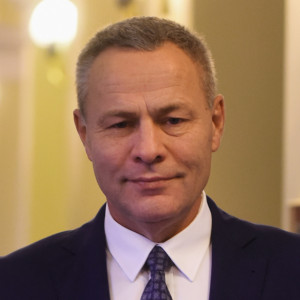









Forecasts for particular segments of the market of commercial properties – the short- and long-term perspective. Shopping centres: tense tenant-landowner relations, problems with liquidity and e-commerce on the offensive. Warehouses as a dark horse of the pandemic. What will logistics of the future look like? Hotels in need for rescue – trying to avoid bankruptcy. Offices – new rules of the game and a crisis on the horizon. Investors and developers vs. the risk. What about ongoing investments in the context of the current demand.



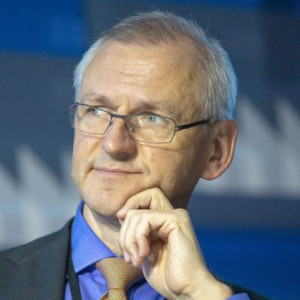





We consider the last 30 years to be one of the best periods in Polish history. 30 years ago, on 27 May, the first free elections to local governments in free Poland took place. What do the famous local leaders say on the anniversary? We present PortalSamorzadowy.pl talks on this subject.









11.30-11.45
Awards for the best investments in Poland
11.45-12.30
Centralization or decentralization of public administration? Are local governments independent and self-governing today? Financing, commissioned tasks and own income. The future of government - local government cooperation.





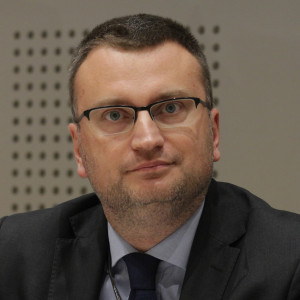


13.00-13.15
Awards for the best investments in Poland
13:15-14:00
The availability of EU funds over the last dozen or so years has enabled local governments to implement thousands of investments. Will this pro-investment tendency be stopped by the epidemic? What next?








You watching archival version of European Economic Congress
What you can do:
Go to the current edition page or Continue browsing